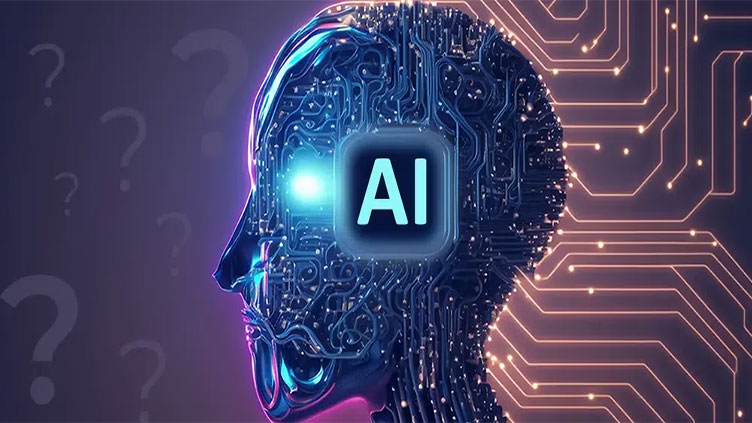IMF Warns: AI Set to Impact 40% of Jobs, Exacerbating Inequality

In a recent analysis, the International Monetary Fund (IMF) has predicted that artificial intelligence (AI) is poised to impact nearly 40% of all jobs, with managing director Kristalina Georgieva expressing concerns that, in most scenarios, AI is likely to exacerbate overall inequality.
Ms. Georgieva emphasized the need for policymakers to address this “troubling trend” and take measures to prevent technology from further inflaming social tensions. The IMF’s findings indicate that AI will have a more significant impact on jobs in advanced economies, affecting approximately 60% of them. In about half of these cases, workers are expected to benefit from the integration of AI, leading to increased productivity.
However, the flip side reveals that AI has the potential to replace human workers in tasks they currently perform, thereby reducing the demand for labor and potentially leading to job losses. The IMF also projected that the technology would impact only 26% of jobs in low-income countries, emphasizing the risk of deepening inequality among nations due to the lack of infrastructure and skilled workforces to harness AI benefits.
This aligns with a 2023 report from Goldman Sachs, estimating that AI could replace the equivalent of 300 million full-time jobs, while acknowledging the possibility of new job creation alongside increased productivity. Despite such concerns, UK Prime Minister Rishi Sunak sought to allay fears in November, asserting that education reforms would boost skills and mitigate the impact of AI on jobs.
Ms. Georgieva emphasized the potential for increased wage inequality, noting that higher-income and younger workers may experience a disproportionate increase in their wages after the adoption of AI, leaving lower-income and older workers at risk of falling behind.
The IMF urges countries to establish comprehensive social safety nets and implement retraining programs to make the AI transition more inclusive, protecting livelihoods and curbing inequality. This warning comes amid discussions on AI regulations, as global leaders gather at the World Economic Forum in Davos, Switzerland.
AI’s growing popularity, exemplified by applications like ChatGPT, has prompted increased global regulation. European Union officials reached a provisional deal on comprehensive laws to regulate AI use last month, with the European Parliament set to vote on the AI Act proposals early this year. However, the US, UK, and China have yet to publish their own AI guidelines, leaving the international community grappling with the challenges and potential consequences of AI integration.
